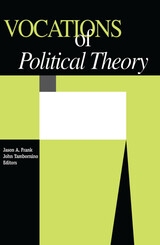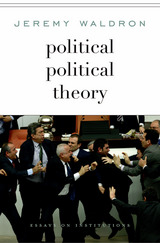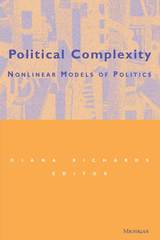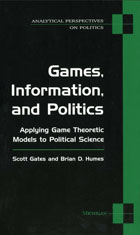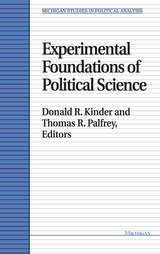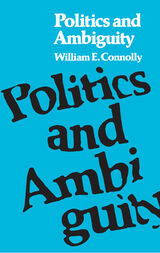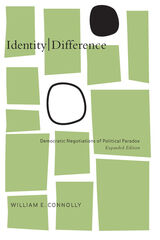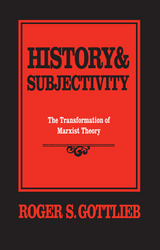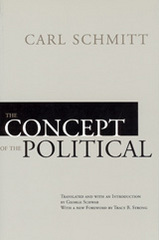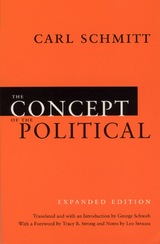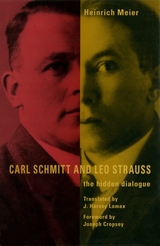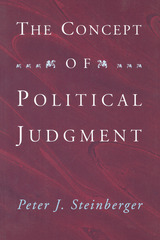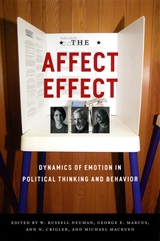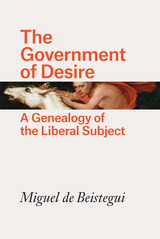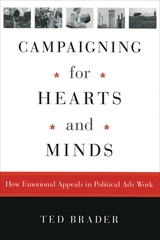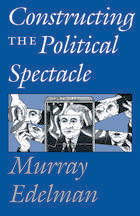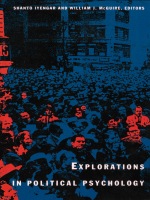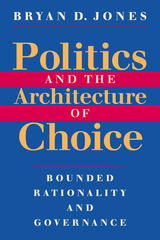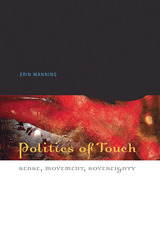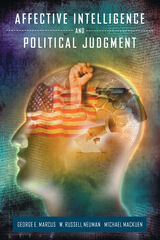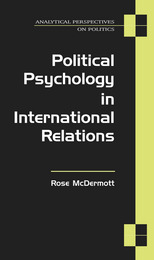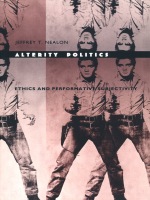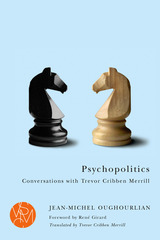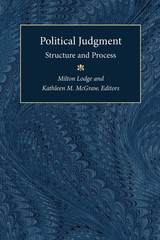The Concept of Political Judgment
University of Chicago Press, 1993
Cloth: 978-0-226-77191-5 | Paper: 978-0-226-77193-9
Library of Congress Classification JA74.S675 1993
Dewey Decimal Classification 320.011
Cloth: 978-0-226-77191-5 | Paper: 978-0-226-77193-9
Library of Congress Classification JA74.S675 1993
Dewey Decimal Classification 320.011
ABOUT THIS BOOK | AUTHOR BIOGRAPHY | TOC | REQUEST ACCESSIBLE FILE
ABOUT THIS BOOK
What is good political judgment? Is it a science subject to strict standards of logic and inference, or is it more like an art, the product of intuition, feeling, or even chance? Peter J. Steinberger shows how the seemingly contradictory claims of inference and intuition are reconciled in the concept of political judgment.
Resting his argument on the larger notion of judgment itself, Steinberger develops an original model of how political judgments are made and how we justify calling some of them "good." His systematic analysis of such thinkers as Machiavelli, Kant, Gadamer, Wittgenstein, and Oakeshott introduces an original notion of judgment as "intelligent performance," incorporating both intuition and rational reconstruction.
Steinberger's conclusion—that a coherent political society must also be a judgmental one—flies in the face of much contemporary thinking.
Resting his argument on the larger notion of judgment itself, Steinberger develops an original model of how political judgments are made and how we justify calling some of them "good." His systematic analysis of such thinkers as Machiavelli, Kant, Gadamer, Wittgenstein, and Oakeshott introduces an original notion of judgment as "intelligent performance," incorporating both intuition and rational reconstruction.
Steinberger's conclusion—that a coherent political society must also be a judgmental one—flies in the face of much contemporary thinking.
See other books on: Concept | Judgment | Political | Political Judgment | Political science
See other titles from University of Chicago Press

